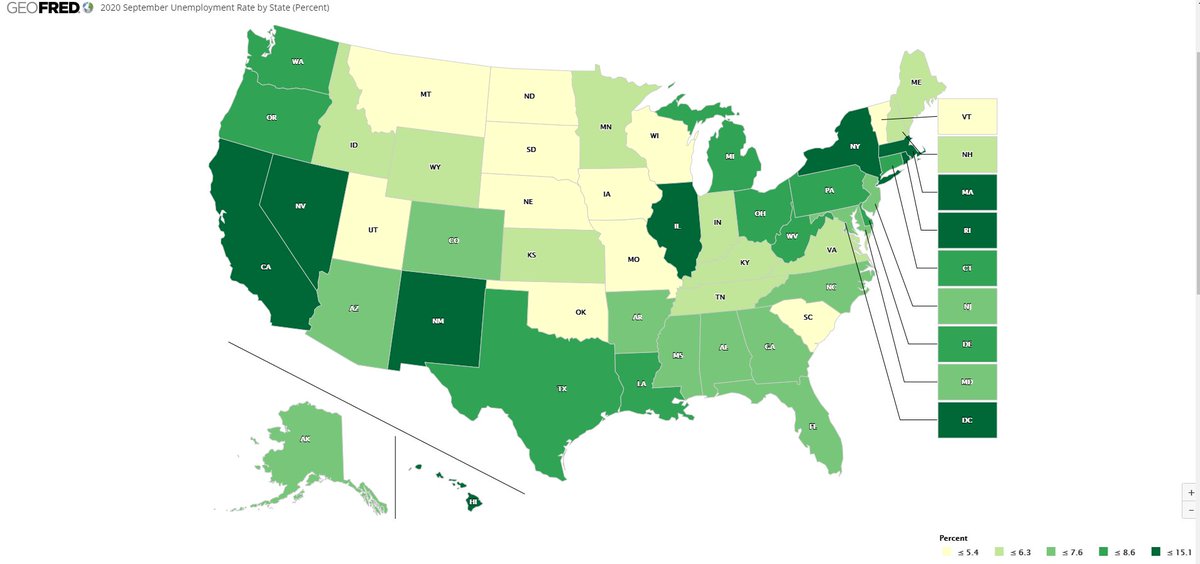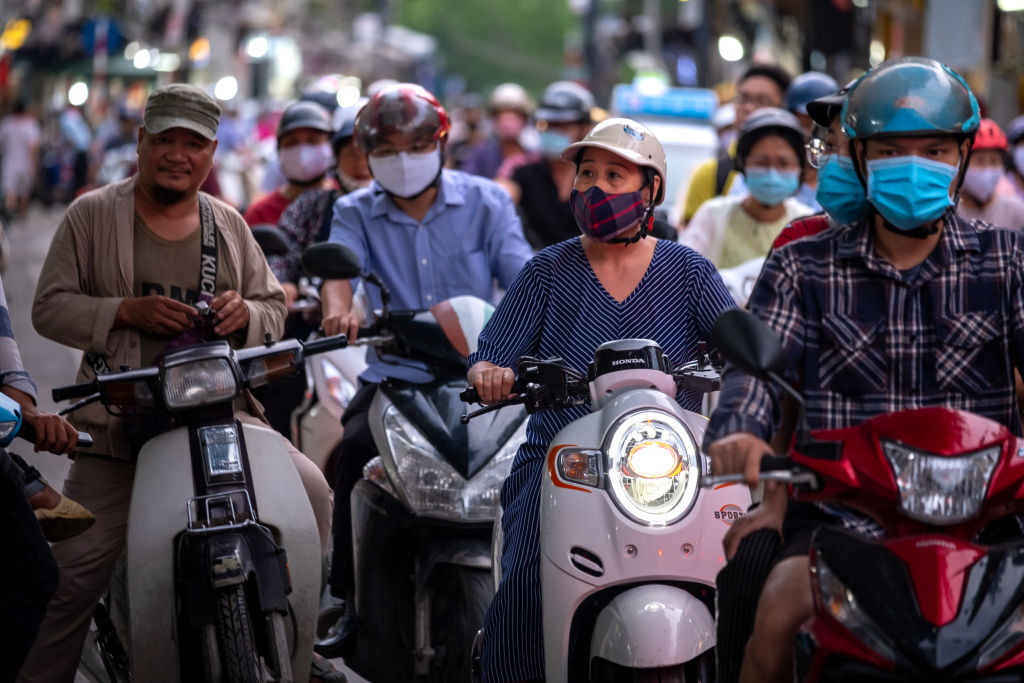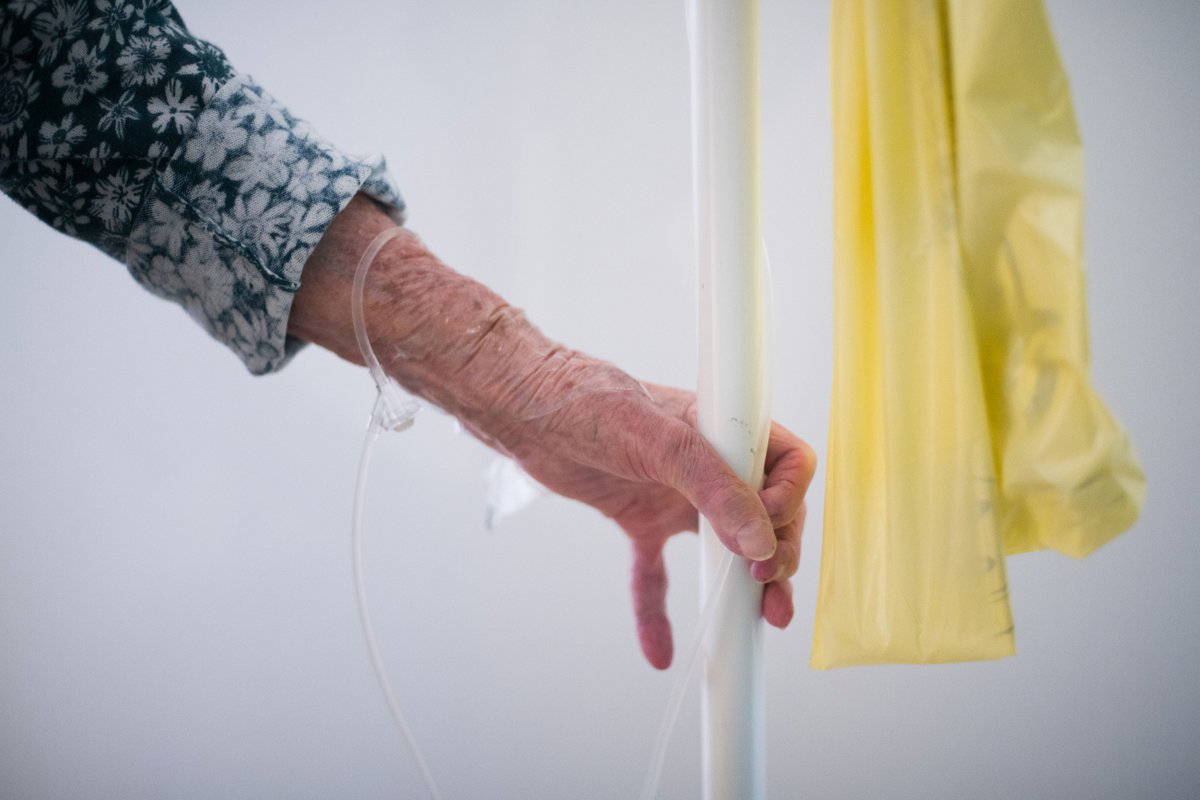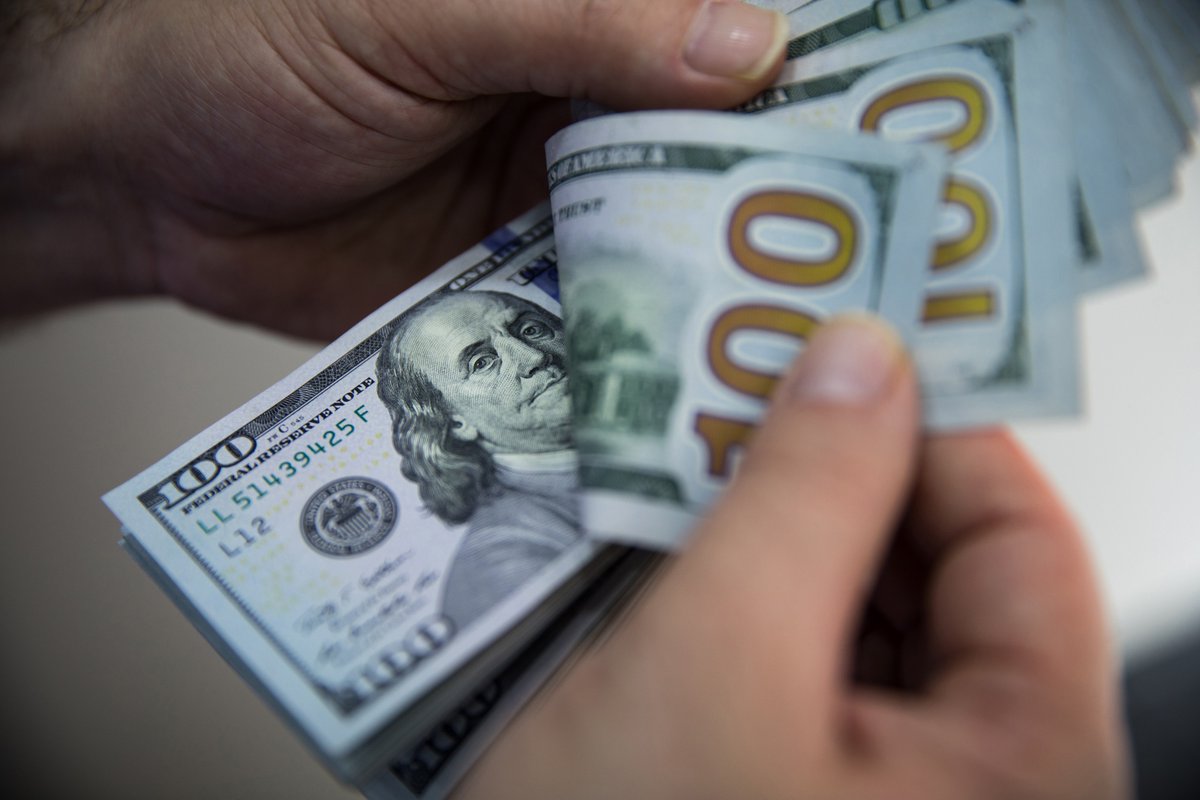
Bumper harvests and healthy stockpiles coming into 2020 have helped the world dodge the worst of food-security worries triggered by the Covid-19 pandemic.
But nutrition has suffered anyway trib.al/7Xb1aoQ
But nutrition has suffered anyway trib.al/7Xb1aoQ
Malnutrition is the result of:
➡️Migrant laborers being kept home
➡️Children being shut out of school
➡️Workers losing jobs
The economic consequences in both emerging and developed markets will linger trib.al/7Xb1aoQ
➡️Migrant laborers being kept home
➡️Children being shut out of school
➡️Workers losing jobs
The economic consequences in both emerging and developed markets will linger trib.al/7Xb1aoQ

Crippling food inflation has been averted this time, but there have been glimpses of panic:
🛒Empty supermarket shelves
🇻🇳Vietnam’s restrictions on rice
🇰🇿Kazakhstan’s restrictions on wheat and flour
🥩Infected slaughterhouses and meat-packing plants trib.al/7Xb1aoQ
🛒Empty supermarket shelves
🇻🇳Vietnam’s restrictions on rice
🇰🇿Kazakhstan’s restrictions on wheat and flour
🥩Infected slaughterhouses and meat-packing plants trib.al/7Xb1aoQ

The global system has, overall, proved remarkably resilient. But the pressures aren’t easing:
🌾Poor crop outlook thanks to unseasonable weather in the U.S. and droughts in Russia & South America
📈Inflation spikes in India, Pakistan & elsewhere trib.al/7Xb1aoQ
🌾Poor crop outlook thanks to unseasonable weather in the U.S. and droughts in Russia & South America
📈Inflation spikes in India, Pakistan & elsewhere trib.al/7Xb1aoQ
With lockdowns coming back as coronavirus cases surge in the northern hemisphere, global nutrition looks likely to get worse before it gets better: trib.al/7Xb1aoQ 

More worrying is that while food production and stocks have remained sufficient, household budgets haven’t. Even before the pandemic, the world was hungry.
Close to 750 million of us, or nearly one in 10, didn’t have reliable access to sustenance in 2019 trib.al/7Xb1aoQ
Close to 750 million of us, or nearly one in 10, didn’t have reliable access to sustenance in 2019 trib.al/7Xb1aoQ

Almost 690 million people were underfed in 2019 — up by 10 million from the previous year, and by nearly 60 million in five years.
The pandemic has made that pain more acute, and nowhere more so than in emerging markets trib.al/7Xb1aoQ
The pandemic has made that pain more acute, and nowhere more so than in emerging markets trib.al/7Xb1aoQ

From Indonesia to Brazil, countries face a double burden with populations that are both underfed and overweight, thanks to cheap, widely available, ultra-processed food.
Simply, nutritious food is too costly for more than 3 billion people trib.al/7Xb1aoQ
Simply, nutritious food is too costly for more than 3 billion people trib.al/7Xb1aoQ

The phenomenon isn’t confined to the least affluent countries.
In the U.S., food banks have seen a surge in demand, while in the U.K., soccer star @MarcusRashford has stepped in to campaign for free meals for children while schools were closed trib.al/7Xb1aoQ
In the U.S., food banks have seen a surge in demand, while in the U.K., soccer star @MarcusRashford has stepped in to campaign for free meals for children while schools were closed trib.al/7Xb1aoQ

The trouble with such widespread malnutrition is that the health and wider economic consequences persist.
There are costs to having citizens who are both underfed and overweight, not least due to associated illnesses such as diabetes trib.al/7Xb1aoQ
There are costs to having citizens who are both underfed and overweight, not least due to associated illnesses such as diabetes trib.al/7Xb1aoQ

🇮🇩 In Indonesia, the World Bank has put the cost of having citizens who are both underfed and overweight at 2-3% of GDP.
Beyond the cost of hospital admissions, there’s the lost potential of children whose development is affected by a poor diet trib.al/7Xb1aoQ
Beyond the cost of hospital admissions, there’s the lost potential of children whose development is affected by a poor diet trib.al/7Xb1aoQ

Free meals for children are a good place to start. In Guatemala, Indonesia & Nigeria, the benefits of such projects outweigh the costs, thanks to:
🎓Increased education
💵Future earnings
👴🏾Avoiding premature mortality
Governments should take note trib.al/7Xb1aoQ
🎓Increased education
💵Future earnings
👴🏾Avoiding premature mortality
Governments should take note trib.al/7Xb1aoQ

• • •
Missing some Tweet in this thread? You can try to
force a refresh













